In North Africa’s fast-shifting financial landscape, the Casablanca Stock Exchange (CSE) has emerged as one of the region’s most ambitious capital-market projects: an exchange merging legacy, reform, and a bold pivot toward Islamic finance.
Nearly a century old and fully modernised, the CSE now stands as Africa’s second-largest stock market by capitalisation, valued at roughly $97 billion as of April 2025.
But beyond equities and bonds, a deeper story is unfolding: Morocco is increasingly positioning Casablanca as Africa’s leading Islamic finance hub, one capable of absorbing capital flows traditionally routed to Dubai.
With new Shariah-compliant indices, the revival of sovereign Sukuk, and strategic expansion through Casablanca Finance City (CFC), the country is no longer content with being just a regional player, but it’s pitching itself as Africa’s entry point into the global halal economy.
Casablanca Stock Exchange: A Market Built on Reform and Resilience
The CSE remains the beating heart of Morocco’s capital markets. Since its 2015 demutualisation, the exchange has strengthened governance, attracted international investors, and expanded asset classes.
As of mid-2025, the CSE features:
- 70+ listed companies
- Market capitalisation: ~MAD 899 billion (~$97B)
- Foreign investor ownership: ~30%
- Flagship indices: MASI and sector sub-indices
- Robust liquidity, aided by Morocco’s economic outlook and reform cycle
Morocco’s regulatory regime, led by the AMMC (Autorité Marocaine du Marché des Capitaux), is explicitly designed to attract global capital, while CFC provides tax incentives and streamlined licensing for foreign firms.
All of this forms the foundation for Morocco’s next move: becoming a continental leader in Islamic finance.
Morocco’s Regulatory Push: A New Era for Islamic Capital Markets
Morocco’s venture into Islamic finance began in full swing in 2017 with “participatory banking.” But 2025 marks a strategic acceleration, driven by both domestic policy and global trends.
Key 2025 Drivers
- Finance Law 2025 reintroduces sovereign Sukuk issuance after a six-year gap.
- Revival of Shariah-compliant bond frameworks to fund infrastructure and green development.
- IFC commitment of $40 million to Moroccan banks to support Islamic-credit expansion.
- CFC crossing 1,500+ registered firms, reinforcing Casablanca’s role as a global financial gateway.
Globally, Islamic finance is heading toward $9.7 trillion by 2029, while Sukuk issuance in 2024 hit $254.3 billion, up 11% year-on-year. Morocco is deliberately positioning itself to channel part of this growth.
Sukuk Listings: Casablanca’s Strategic Play for African Capital
While Morocco’s Islamic debt market remains young, sukuk are the centrepiece of CSE’s Islamic ambitions, and 2025 marks a turning point.
Sovereign Sukuk: The Big Return
- Morocco’s second sovereign Sukuk is expected in late 2025, pending approval from the Higher Council of Ulema.
- The first Sukuk, issued in 2018, was oversubscribed, raised MAD 10 billion (~$1B), and funded housing and renewables via a profit-rate model (~2.29%).
Corporate & Pan-African Sukuk
With AAOIFI-aligned standards and CSE’s enhanced framework, the exchange is attracting interest from African corporates in:
- Renewable energy
- Transportation
- Infrastructure financing
Regional demand is high: many African markets have Shariah-sensitive populations but lack Islamic capital-market depth. Casablanca wants to become their Sukuk listing venue.
Shariah-Compliant Indices: Giving Ethical Capital a Home
One of 2025’s most important developments is the expansion of Shariah-compliant equity indices, which is a necessary requirement for institutional Islamic investing.
1. S&P Morocco BMI Shariah
A Shariah-adapted version of the broad S&P Morocco BMI, covering screened large-, mid-, and small-caps.
- Screens out non-compliant sectors (alcohol, gambling, interest-heavy firms).
- Tracks 30–40 stocks, including Attijariwafa Bank and Maroc Telecom.
- Up 8–10% YTD as of late 2025.
2. CSE’s First In-House Shariah Index
Expected before end-2025.
- Inspired by S&P screening rules
- Built with strong liquidity criteria
- Verified in academic research (e.g., the Jan 2025 ResearchGate study)
These indices provide transparency, build investor trust, and reduce volatility, comprising key traits for attracting Gulf and Southeast Asian Islamic capital.
READ ALSO:How Morocco’s Zero-CGT Policy Is Turning the Casablanca Stock Exchange Into a Family Office Magnet
Casablanca vs. Dubai: The New Rivalry for Islamic Finance
Dubai’s DIFC remains a global giant, but Casablanca is carving a differentiated niche.
Global Rankings & Positioning
| Aspect | Casablanca (CFC/CSE) | Dubai (DIFC) |
|---|---|---|
| GFCI 37 Global Rank | 56th | 12th |
| Regional Standing | Africa’s #1 | MEA’s #1 |
| Market Focus | Africa, low-cost gateway | Gulf, Asia, global hubs |
| Islamic Finance | Emerging Sukuk + Shariah indices | Mature, high-volume Sukuk |
| Market Cap | ~$97B | $500B+ |
DIFC’s strengths, including scale, liquidity, and innovation, remain unmatched. But Casablanca has a distinct African edge:
Morocco’s Strategic Advantages
- Proximity to Islamic populations in West & North Africa
- Lower operational costs
- CFC’s tax incentives
- Growing pipeline of African Sukuk issuers
- Sovereign backing for Shariah-compliant reforms
- ESG-Sukuk and green Sukuk opportunities
Casablanca’s Islamic Finance Future
As Morocco ramps up listings, launches homegrown Shariah indices, and revives Sukuk, Casablanca is quietly transforming into a continental Islamic finance hub.
The CSE’s ambitions are aligned with Morocco’s broader geopolitical and economic projects, from AfCFTA integration to World Cup 2030 infrastructure.
The message to global Islamic investors is clear: Casablanca is open for halal finance and ready to scale.
Whether for fund managers seeking new Sukuk markets, institutional investors requiring Shariah benchmarks, or African corporates needing compliant financing, the CSE is building a platform with long-term momentum.
Ronnie Paul is a seasoned writer and analyst with a prolific portfolio of over 1,000 published articles, specialising in fintech, cryptocurrency, climate change, and digital finance at Africa Digest News.
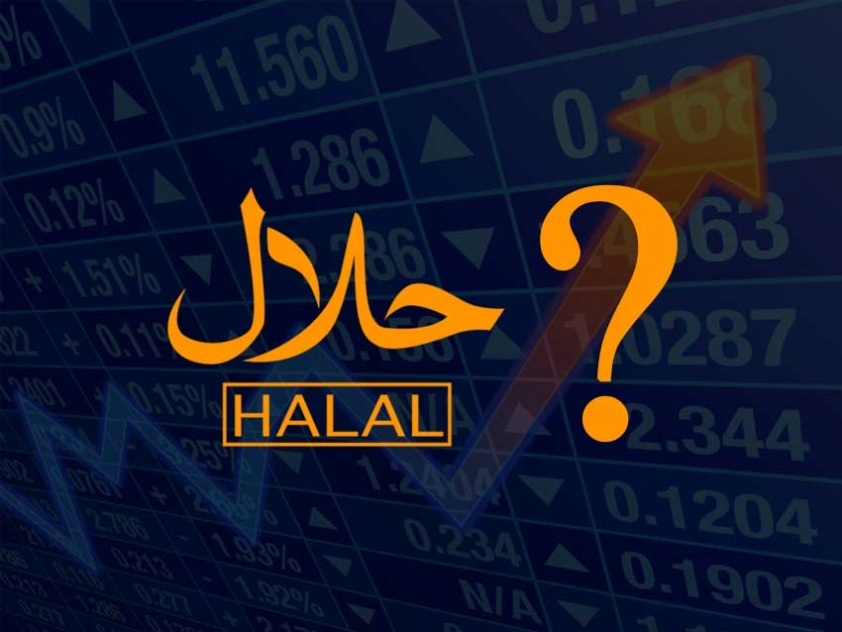
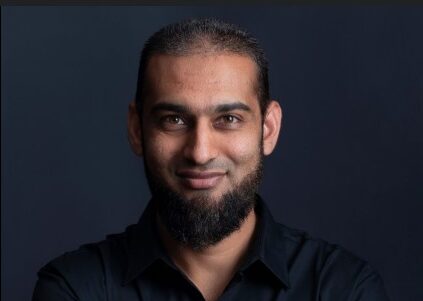
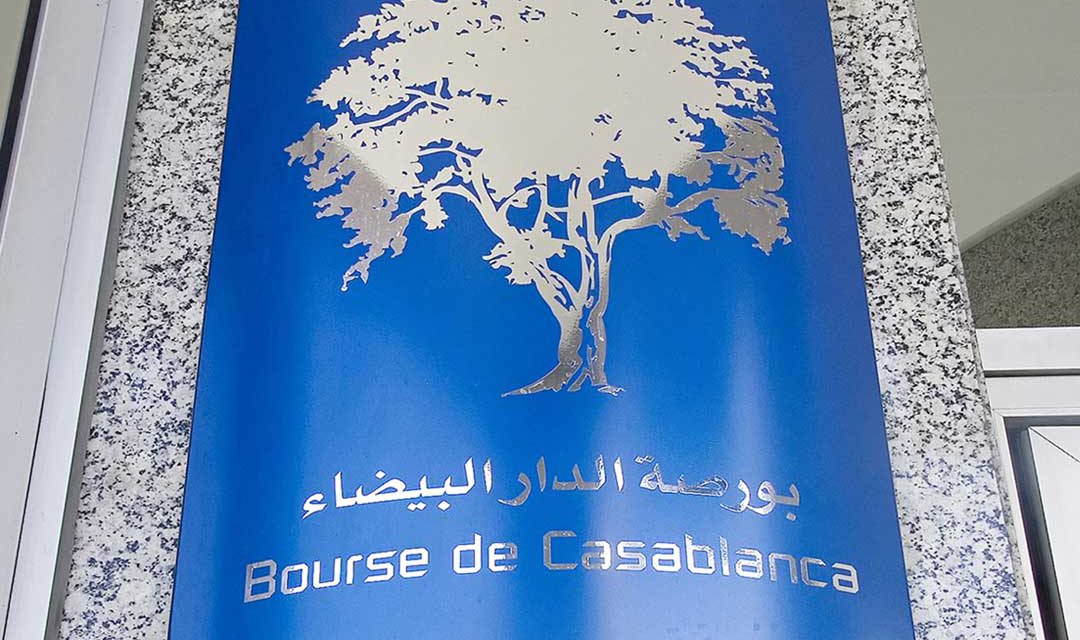
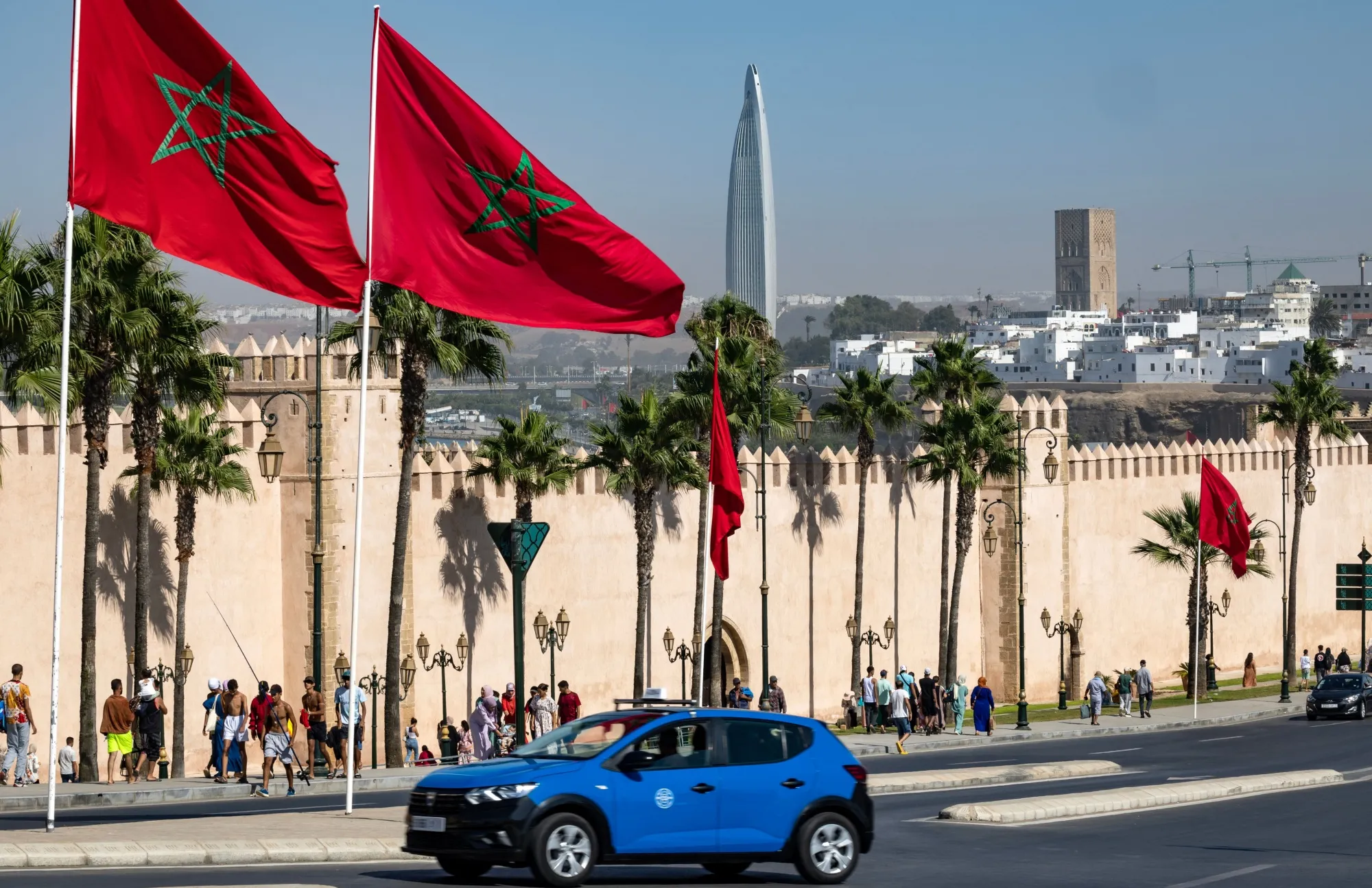
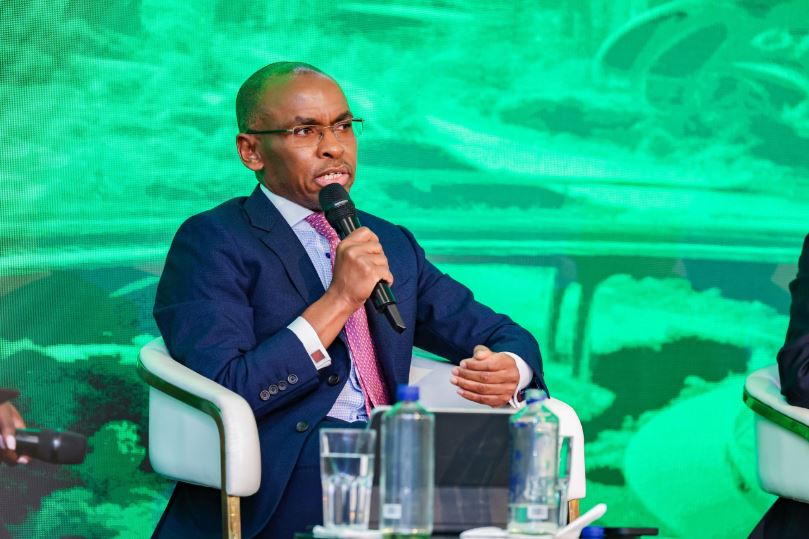

Leave a Reply